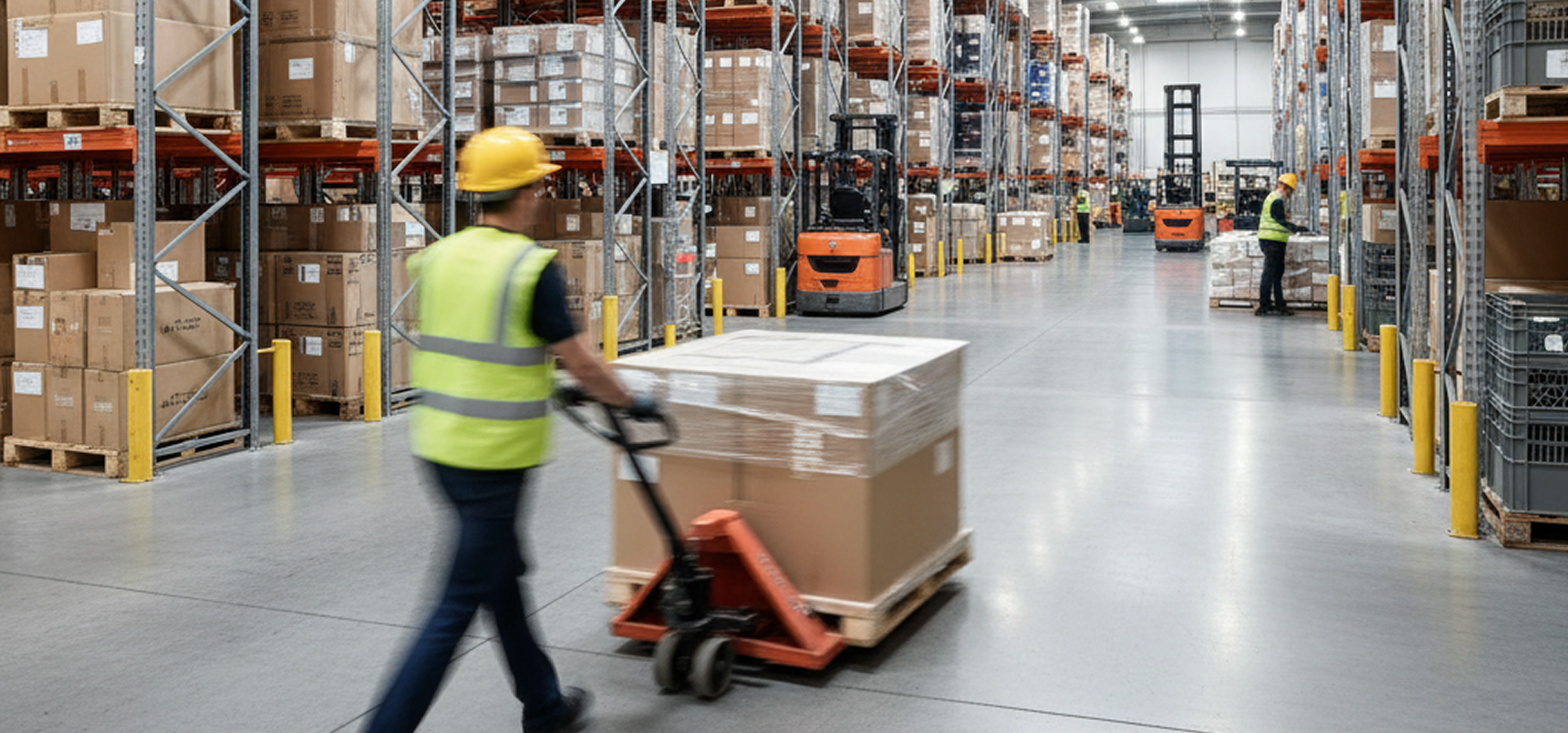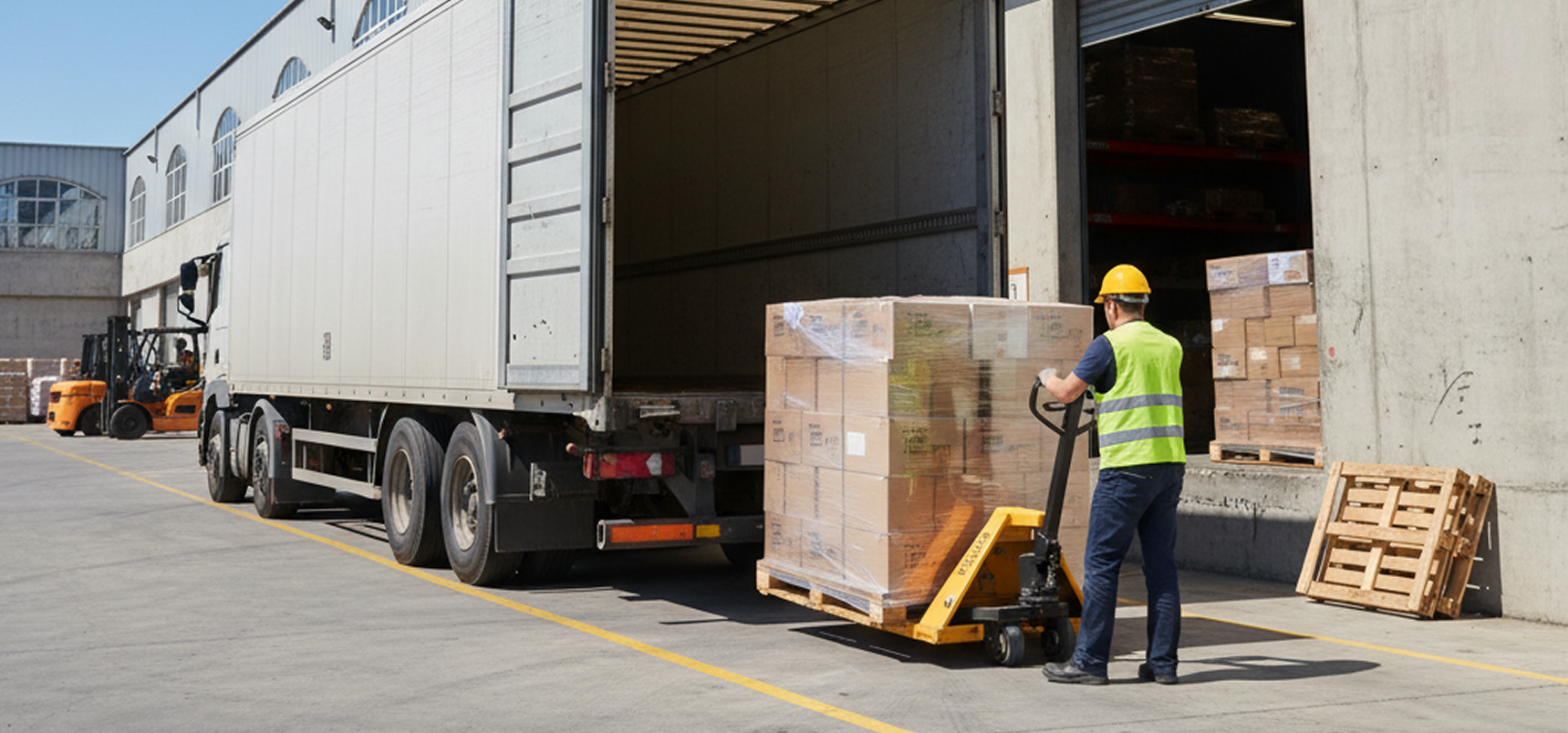Atlanta’s infrastructure is modernizing and features world-class assets like its airport, but faces persistent challenges with traffic congestion, aging roads, and underfunded public transit.
Population
Area
Density
64,400
The projected net population growth in Atlanta for 2024 is 62,700.
63%
67% of the global population is of working age, with this share expected to decline in many regions over the coming decades.
Key industries include logistics, fintech, healthcare, and film, with major corporations like The Coca-Cola Company, Delta Air Lines, and United Parcel Service playing significant roles.
Tertiary attainment among young adults aged 25-34 in OECD countries increased from 45% in 2019 to 48% in 2024, placing it among top OECD nations.
Foreign Residents
The average income for foreign residents in Atlanta is about 10.2 million yen with 50% earning less.
Ethnic Composition
Foreign residents in Atlanta surpassed 843,540 in 2024, making up about 13.9% of the city population, with largest groups from Mexico, India, Jamaica, Nigeria, Ethiopia, and Korea.
The Atlanta metropolitan area has about 2,487,664 daily commuters, with an average commute time of 32 minutes, primarily traveling by car rather than rail.
Atlanta continues to attract residents from other regions with a net inflow of 62,700 people in 2024.
71,620
The average annual income in Atlanta is about 10.3 million yen though more than half earn less than this amount.

8.6%
Warehouse lease rates in Atlanta range from $6 to $16 per square foot annually depending on size and location, with average rates around $8.50 per square foot in 2024, and properties are typically classified by factors like ceiling height, dock access, and construction quality.
I-85 NE, I-20 West, I-75 NW, I-75 S, I-85 S, Kennesaw, Austell, Forest Park, and the Fulton Industrial Boulevard corridor.
Atlanta’s last-mile delivery infrastructure features strategically located urban warehouses, micro-fulfillment centers, advanced route optimization technology, electric vehicle fleets, and real-time tracking systems to enable fast, efficient, and sustainable delivery across the metro area.
Warehouse automation in Atlanta is rapidly advancing, with widespread adoption of robotics, automated guided vehicles, AI-driven systems, and integrated warehouse management technologies to boost efficiency, safety, and operational cost savings.
Atlanta hosts multiple large-scale cold storage facilities ranging from 305,858 to 1.5 million square feet, offering temperature-controlled warehousing from -20°F to 55°F with specialized services including blast freezing, multi-temperature storage, and distribution for food manufacturers, retailers, and foodservice companies throughout the Southeast.

Key industries and economic sectors in Atlanta include finance, fintech, healthcare and biotechnology, manufacturing, media and entertainment (including film and television), logistics and transportation (including aviation), professional and business services, education, and technology.
Americold, Prosponsive Logistics, Georgia Transportation, OTR Solutions, Transfix, Convoy, Veritiv, GoBolt, Falcon International, Quickbox Fulfilment, Bricz, Coregistics, American Global Logistics, HWC Logistics, One Step Logistics, Future Forwarding, Amware Fulfilment, Porter Logistics, Green Worldwide Shipping, Aeronet Worldwide, PSI Fulfillment, Fastpak Fulfillment, HARP360.
Atlanta, as part of Georgia, saw export volumes reach $53.1 billion in 2024 with key trading partners including Türkiye, the USA, and Russia.
Atlanta’s supply chain resilience is being tested by rising disruptions—including cyber threats, geopolitical instability, raw material shortages, and new tariffs—prompting local firms to diversify suppliers, invest in insurance, and pursue onshoring to mitigate complex and evolving risks.
Atlanta has a large and diverse manufacturing sector with advanced capabilities, though growth has slowed recently amid rising vacancies and talent shortages.
Atlanta's main industry clusters include finance, healthcare and biomedical, manufacturing, media and communications, film and television, logistics and distribution, and technology, particularly data centers and fintech.
Atlanta’s key competitive advantages as a logistics/business hub are its strategic geographic location, extensive multimodal transportation infrastructure (highways, rail, air, and proximity to ports), access to 80% of the U.S. population within two days, a skilled workforce, and a strong ecosystem for supply chain innovation and technology.
Detailed evaluation of Atlanta's infrastructure quality, investment projects, utility systems, and environmental considerations for strategic planning.
Atlanta's infrastructure quality and capacity face challenges, with deteriorated sidewalks and ongoing efforts to improve pedestrian infrastructure, while also exploring high-speed transportation projects.
Atlanta has announced multi-billion dollar infrastructure investments focused on expanded public transit, trails and green space, affordable housing, road modernization, and community development, with major plans including new MARTA stations, highway upgrades, and neighborhood revitalization.
Atlanta’s utility infrastructure features electricity primarily from Georgia Power, water services managed by the city with ongoing upgrades, and robust internet connectivity supporting rapid data center growth.
Atlanta logistics faces environmental challenges from carbon emissions, water contamination, waste generation, and resource consumption, while companies are adopting sustainability initiatives like LED lighting, electric vehicles, and recyclable packaging to reduce their environmental impact.